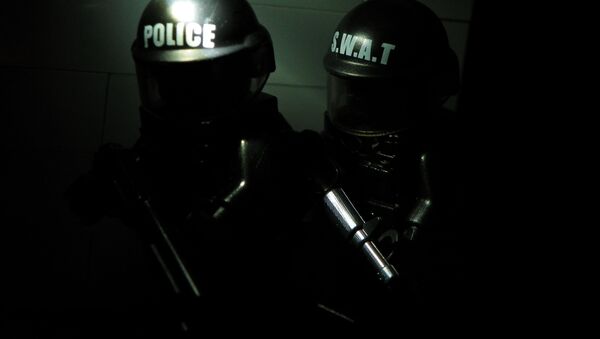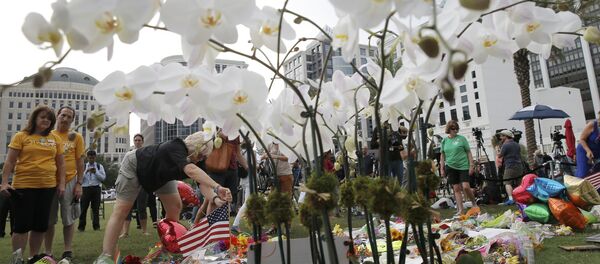The Orlando attack has clearly demonstrated that terrorists have recently changed their tactics: instead of using hostages as bargaining chips, today's radical extremists carry out 'spectacular attacks' for their own sake, Amos Harel, one of Israel's leading media experts on military and defense issues, notes.
"It seems that a new terror pattern has emerged that governments and security forces in targeted countries are only beginning to understand — a movement from terror for bargaining purposes to spectacular attacks almost for their own sake, with an aim to lengthen the drama for as long as possible," Harel writes in his article for Israel's daily Haaretz.
However, in recent years the situation has changed drastically: "hostages are no longer taken to achieve anything, but just to buy time."
"Hostage-taking lengthens the terror attack, increases the dramatic atmosphere surrounding it, ensures heavy media coverage and enhances terror's psychological effect," Harel explains.
Citing Moty Cristal, an Israeli expert on negotiating with terrorists, Harel stresses that there seems to be a gap "between the way Western security forces deal with such hostage situations and the new modus operandi."
"It seems that the negotiating component in such crises will be reduced proportionately and there will be a need to develop the ability to strike as quickly as possible," Cristal told Haaretz.
There is a "tendency to see terrorism as the work of a fixed and identifiable set of bad guys, embodied in specific, named groups acting on behalf of a specific ideology and especially in the name of a specific religion," the CIA veteran underscores in his article for Consortiumnews.com, warning his readers against "Islamophobia."
"The basic misunderstanding involved in this tendency is to equate whatever group or brand name or ideology that an individual terrorist invokes as a complete and accurate indicator of his motivations. Instead, the invocation more often represents a way for the individual, otherwise motivated, to identify with a cause larger than himself," he notes.
"We do a favor to ISIS [Daesh] by giving the group credit each time it claims credit," Pillar remarks.
"Like the attack in San Bernardino in December, this looks to be an act that was inspired by ISIS [Daesh], not managed by it directly," Harel echoes the ex-CIA officer.
According to the Israeli expert, Mateen's action did not necessarily require a specific set of commands from the Middle East-based terror group.
"Online incitement is enough; the terrorist can take it from there on his own," Harel suggested.
Interestingly enough, CIA Chief John Brennan shares a similar stance.
"We have not been able to uncover any direct link between that individual Mateen and a foreign terrorist organization," Brennan said at the recent Senate hearing.
On June 12, Omar Mateen, an American citizen of Afghani descent, carried out a terror assault at Pulse nightclub in Orlando, Florida, resulting in 49 deaths and 53 who sustained injuries.




